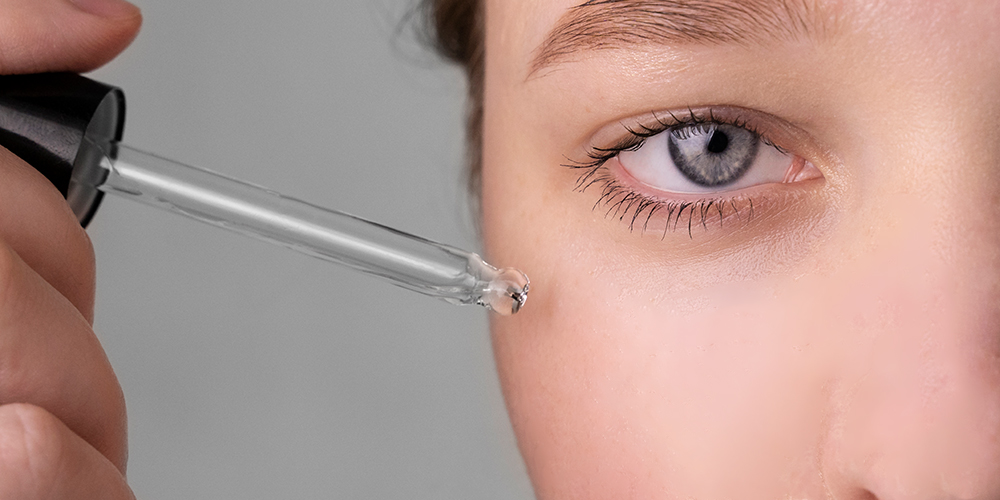As we predicted, the agency has targeted the next group of homeopathic products for elimination. Action Alert!
The FDA is pressing forward in its plan to win its century long battle to eliminate homeopathic products from the medicine cabinets of Americans—a battle that was started with the Flexner report of 1910. The agency sent warning letters to several manufacturers of homeopathic eye care products in addition to Amazon for selling the products. These letters rely on the change in policy the FDA announced in 2018 that essentially made all homeopathic products illegal. Unless the FDA is held in check, we will continue to lose access to homeopathic medicine bit by bit until there is nothing left. We cannot let that happen.
The FDA indicates in these letters that it is going after eye drops because that route of administration is particularly dangerous from a public health perspective: “these products… in general pose a greater risk of harm to users because the route of administration for these products bypasses some of the body’s natural defenses.” Companies receiving these letters include Boiron, Similasan, Walgreens, and CVS. Some of the letters mention issues with manufacturing and product sterility. Like allopathic drugs, homeopathic products are required to follow good manufacturing practices.
This is in line with the approach outlined in the FDA’s guidance that stipulates certain categories of homeopathic medicines will be targets for enforcement actions. In 2020, the agency went after injectable homeopathic products on similar grounds.
As ever, this has almost nothing to do with safety and everything to do with control. We see this with pharmacy compounding, too, which are medicines that do not need to go through the FDA approval process. The FDA does not like that there are medicines out there that it does not have authority over, so it does everything in its power to eliminate them, using safety as a justification—as if FDA approval was any guarantee of safety! New prescription drugs have a 20 percent chance of causing a serious adverse reaction after being approved; properly prescribed drugs cause 1.9 million hospitalizations a year, and 128,000 people die from drugs prescribed to them.
Meanwhile, Similasan, one of the homeopathic products that generated an FDA warning letter, has a total of five adverse events listed in the FDA’s database. The letter sent to Boiron for its Optique 1 Eye Drops makes no mention of any safety issues whatsoever. The same was true of some of the injectable homeopathic products that were targeted. This comports with other data showing a vanishingly small rate of adverse events from homeopathic medicines.
As Similasan was among the products cited by the FDA for not following good manufacturing practices, the company has voluntarily suspended sale of its eye drops in the US as it resolves the issues raised by the FDA. For those seeking alternative medicines for dry eyes, blepharitis, and related conditions, we like medicines with hyaluronic acid (available, for example, as Hycosan) or carmellose sodium (including Optase).
This all supports the idea that the FDA’s issue is not that these medicines are a threat to consumer safety; they simply haven’t kissed the FDA’s ring, by which we mean paying exorbitant sums to go through the agency’s drug approval process.
Remember: The FDA gets a large part of its funding from drug company user fees, and for this reason sees Big Pharma as its client. Homeopathic medicines, like supplements and other natural products, compete with pharmaceutical drugs, so the FDA uses its enormous power to tilt the scales in favor of the drug companies. And because natural products and homeopathic medicines generally cannot be patent protected like drugs can, they can’t afford FDA approval and so cannot make disease claims. It is one among many ways cronyism is undermining healthcare in this country.
Action Alert! Write to Congress in support of a legislative fix to protect access to homeopathic medicines. Please send your message immediately.




